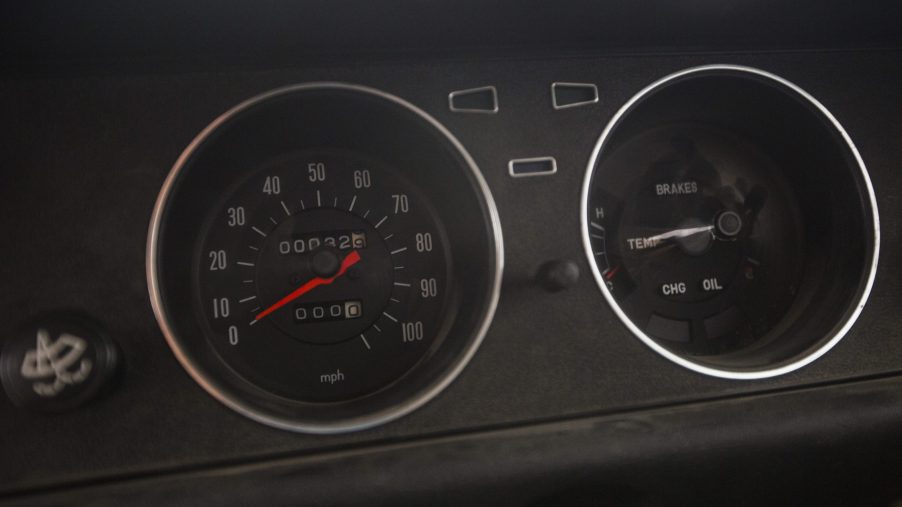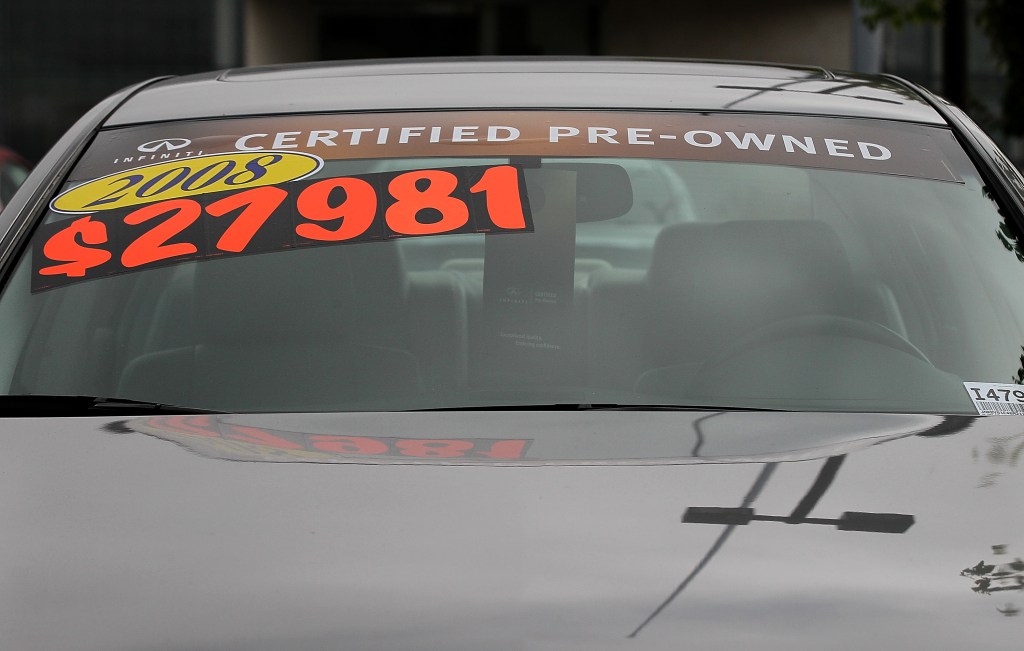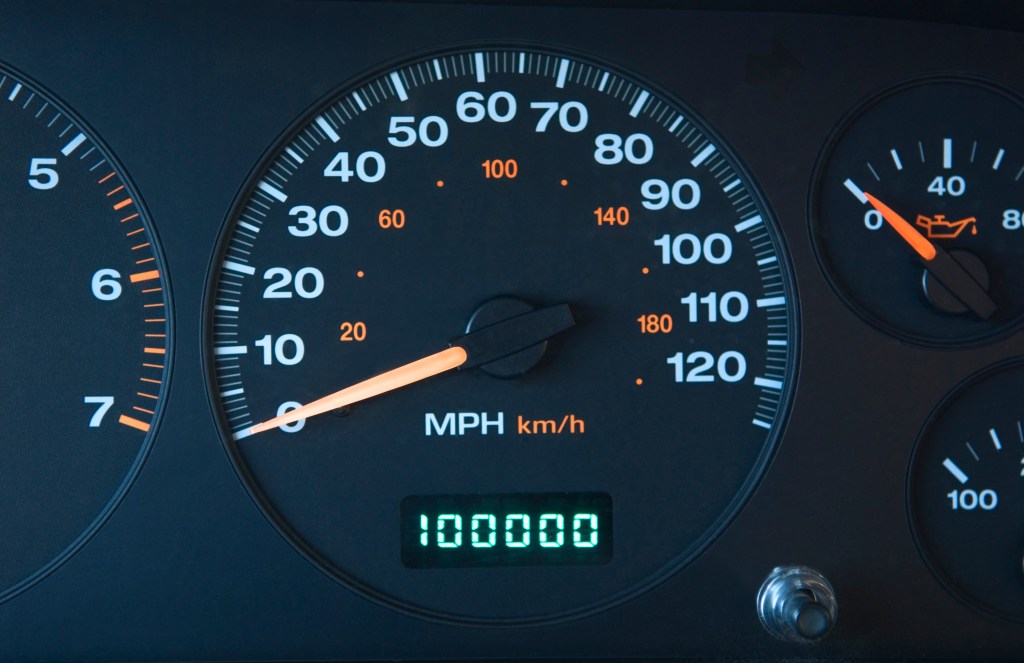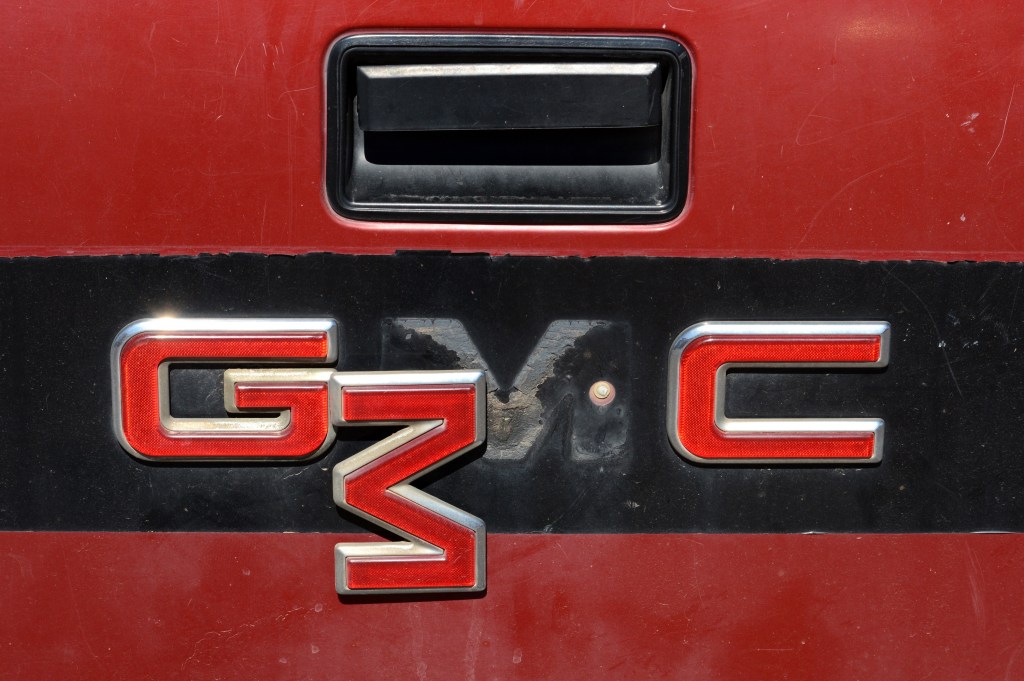
Is Mileage or Age More Important When Buying a Used Car?
The debate of mileage vs. age is one as old as the auto industry itself. There are benefits and costs to each, and this formula is the key to determining the answer to this hotly debated issue for used car buyers. In some instances, an older car with lower miles is a better choice. However, in others, a newer car with more miles is better. It depends entirely on what you, the consumer, need from your vehicle. With that in mind, let’s get into the cost-benefit formula.
The cost-benefit formula

This formula applies to any purchase of any vehicle, whether you realize it or not. Effectively, a vehicle is, at its core, a cost. This cost comes with benefits, and whether those benefits outweigh the cost determines the merit of your purchase. Now, we’ll break down the formula as it pertains to age vs. mileage. First, age. The years take a toll on cars, but only if they have been poorly maintained. This is why collector cars with a low odometer and good service history are so valuable.
Now, mileage. A car with lots of mileage and strong service history is going to function better than a car with 6 miles that’s been sitting in a barn being driven a few feet a month. So, if we apply these factors to the cost-benefit analysis of a vehicle, we reach an interesting conclusion: a balancing act of sorts. Maintenance is king and the key to the formula. As long as strong maintenance history applies, there’s almost no reason to fear an older car or one with some miles.
Mileage can be a blessing

So, let’s talk about mileage. Most people are cautioned by those in their lives to avoid buying a car with too many miles. The logic being that a car with a big number on the dash will be fraught with mechanical peril. In most cases, this logic stands. However, some models defy this logic. For example, the Toyota 4Runner. It isn’t uncommon to see these cars surpass 200,000 miles with little to no problems.
Conversely, there are cars where this logic certainly does make sense. Older sports cars for example. An old BMW M3 with a string of owners and poor maintenance history is likely a ticking time bomb. Sports cars are often complex things, and these older complex systems will fail rapidly with miles and improper service. This is also true of luxury vehicles.
Older cars have their merits- and their quirks

Older cars are much the same story with a few caveats. Once again, it’s all about the service history for the cost-benefit formula to work out for you. The biggest caveat is safety. Newer cars are safer, full stop. The human race has come a long way in keeping people from being hurt by automobiles. Once again, if that isn’t as much a concern for you, add that to the cost-benefit formula.
Should you find a car that works out well when applied to the formula, it’s a safe buy in most cases. So, in summary, only buy an older car if it’s been well maintained, and the same for a high-mileage car. Use common sense and the tips provided here and you’re sure to come out on top.


